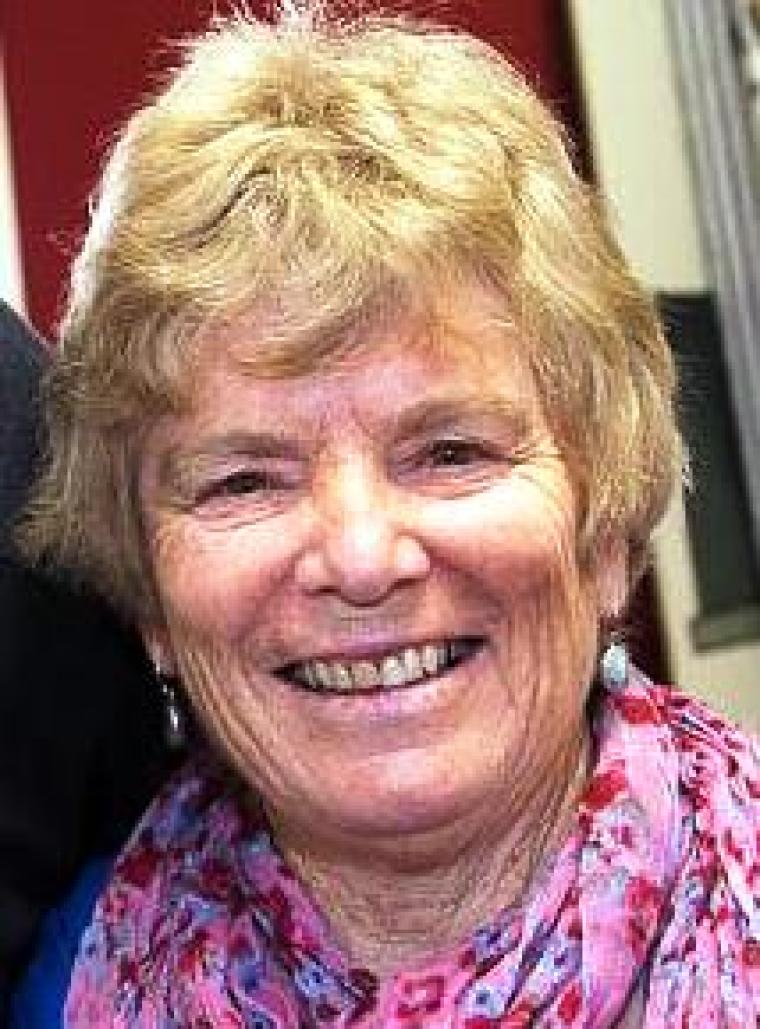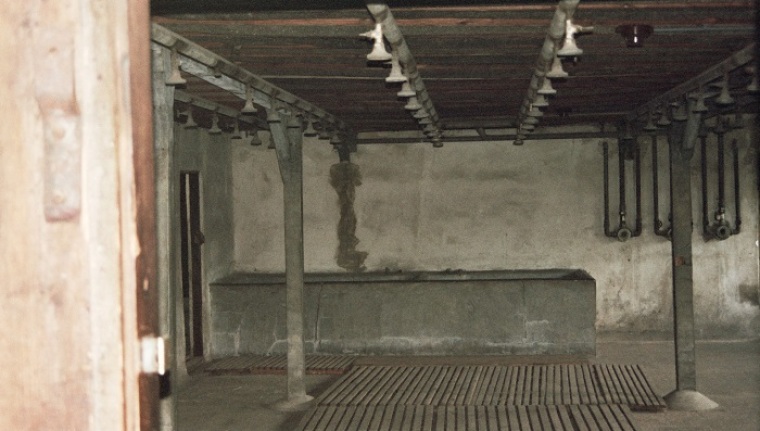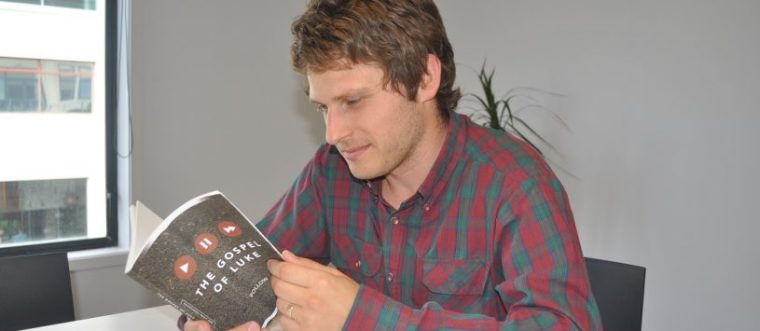

Any mass shooting, regardless of the numbers, is a tragedy. Lives are taken, families and friends are plunged into grief, communities are shaken, and the shooter(s) also lose a life that could have been lived so differently.
The Orlando massacre joins a long list of shootings in the US, but increasingly too a tally that includes shootings in other places around the world.
What's different about the Orlando shootings is that so many people want to express solidarity, not only in the usual ways of bringing flowers and lighting candles, but in this instance, by using rainbow posters or lights to show solidarity with the so-called 'gay' community. In Wellington, New Zealand's capital city, the mayor, Celia Wade-Brown, also asked for the Michael Fowler Centre to be lit up in rainbow lights.
Why is there this need to express such solidarity? And why is it so selective?
What about Garissa?
At Garissa University College in Kenya on 2 April 2015 a terror attack undertaken by members of the Islamic extremist group Al-Shabab left 148 people dead, of whom 142 were students. The militants who stormed the campus separated Muslims from Christians, and executed the Christians.
(Earlier in 2013 Al-Shabab had brutally killed 67 people at the Westgate Shopping Mall in Nairobi.That was another tragedy that had its day in the news in the west, but which didn't evoke the same response as the gay nightclub killing, or the Charlie Hebdo shooting in Paris.)
Where were the public vigils and expressions of solidarity in the west for these young Kenyan lives, so cruelly taken? Where was the media outrage, the demonstrations, the lighting up of public buildings? I didn't see any crosses being highlighted on the Michael Fowler Centre.
'West is best?'
Maybe it's because 'West is best' and African students don't count so much – though the racism would never be admitted to. (One commentator at the time did suggest there was a racist element.)The attack came not long after the Charlie Hebdo killings in Paris and one message on Twitter noted: "When #CharlieHebdo went down, the world stood up for them. When #Garissa went down, the world forgot its feet."
Maybe it's because they were Christian students, and Christians are not a maligned minority, not in Africa anyway. Maybe it's because it's a Christian / Muslim thing, so it's all about religion and isn't religion a blight on society, anyway? Or maybe because it's left to the Christians to hold vigils and prayer services.
Maybe too it's because the LGBTI people are seen as the underdog, and people feel good if they are supporting the underdog.
Do some causes matter more than others?
Whatever the reasons behind the West's failure to express solidarity with 148 people killed in Kenya, the fact that the Orlando killings have evoked such a response around the western world is a 'sign of the times.' Some causes appear to matter more than others.
Because of the selectiveness of the media coverage, (and it is true that the US and Europe has immediate and better media coverage than Africa) yet some causes or events appear to get far more exposure and comment than others. This selectivemedia coverage (and the lack of it) of such events is clearly discriminatory.
Freedom of speech (as in the Charlie Hebdo case) and LGBTI rights are 'cause celebre's', and obviously important to the media.
'Genocide' – in all but name
But it's not just the terrible shootings where a selective mentality reigns. Efforts are being made to get the UN to recognise that what is happening in Syria, where Christians (and others) are being murdered, or forced to flee, is a genocide. The UN seems reluctant to highlight and name what is happening there; the same applies to the Armenian genocide of a century ago, when 1.5 million Christians were murdered. The West doesn't want to offend Turkey by using the word.
Similarly, what is happening in Syria is not being named for what it is – the elimination of a people because of their religion. Instead the media even refers to the refugees fleeing the country as 'migrants' – as if they could possibly be migrating when they are forced to leave.
Western media and politicians seem to be blind when it comes to the plight of millions of Christians, (and Yazidis and others) in Syria. A terrorist attack in Syria is reported, but not much more, whereas the killing of a few journalists in Paris and a nightclub full of people in Florida brings both the media and the politicians out in a display of sympathy and support, (yes, it is the human and right thing to show support), but it is also a considered political move. Showing support for murdered Christians could be risky, politically.
Every life counts
Any life that is taken so brutally is a tragedy. Any terrorist or gunman who takes a life is also a tragedy, of another kind. We are all human beings, made in the image of God, and every life counts. God is not selective; he has no favourites. For those of us following in his footsteps, do we express solidarity with any life that is taken; Kenyan student, gay nightclub attendee, Charlie Hebdo employee?
Do we pray for those injured and grieving, whoever they are, and for the perpetrators of such horror – and their families too?
Do we do our bit to remind others of the millions being killed and persecuted, recognising that 80% of those martyred in the 20th century were Christian, according to the Vatican?

And what are we doing in our own communities to sow love and stop the spread of hate?
How selective are we?
Liz Hay enjoys the peace and beauty of her surroundings in her small mountain village an hour away from Christchurch, NZ. Yet amidst the peace, she is appalled by the vitriolic posts she reads in response to news and opinion pieces on the internet, and wonders how best to respond, and when. She and Ron, have three adult children, five grandchildren, and share a love of literature and the outdoors. Her working life has included a wonderful mix of teaching, editing and writing, various office jobs, along with all sorts of ministry opportunities.
Liz Hay's previous articles may be viewed at http://www.pressserviceinternational.org/liz-hay.html